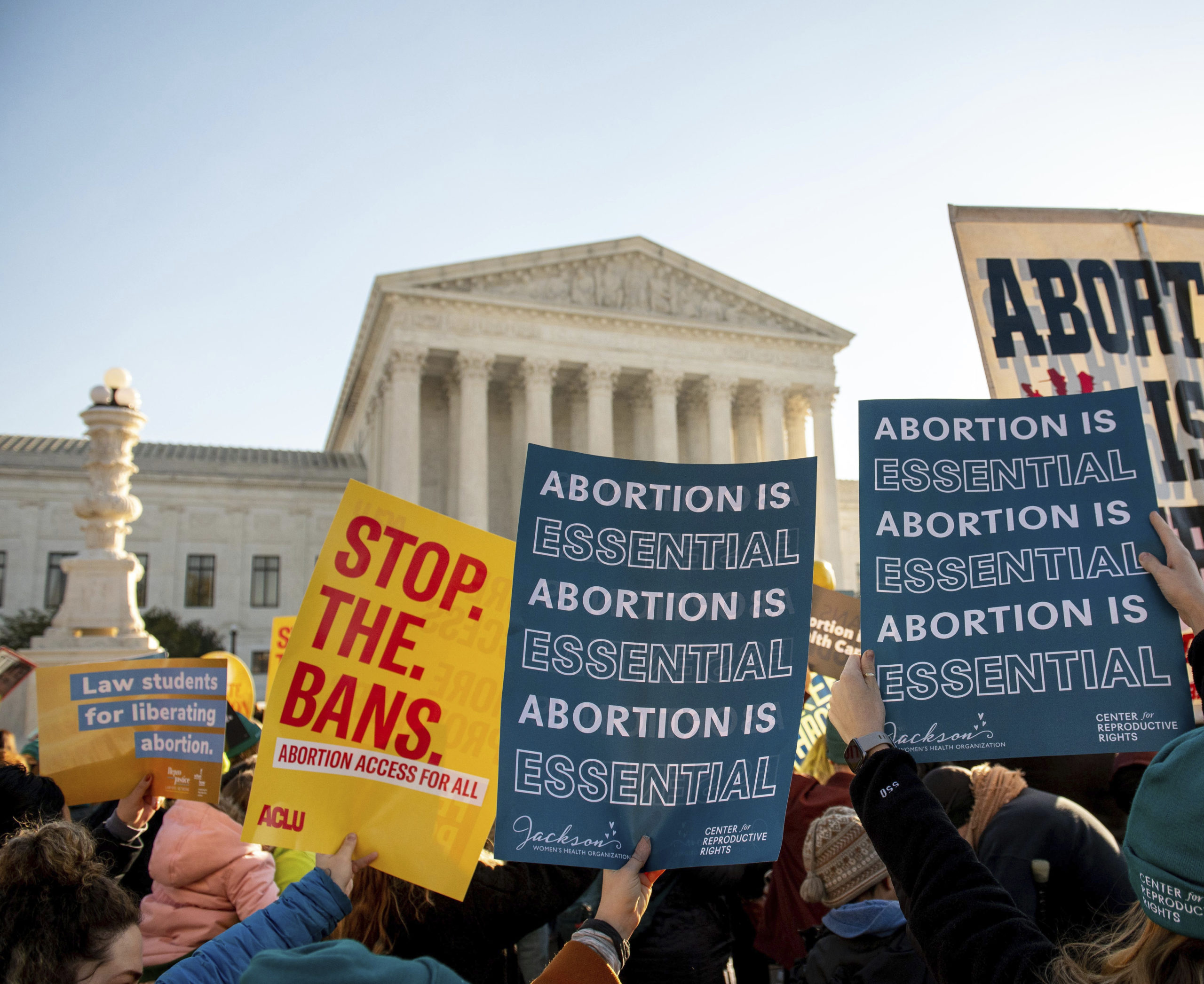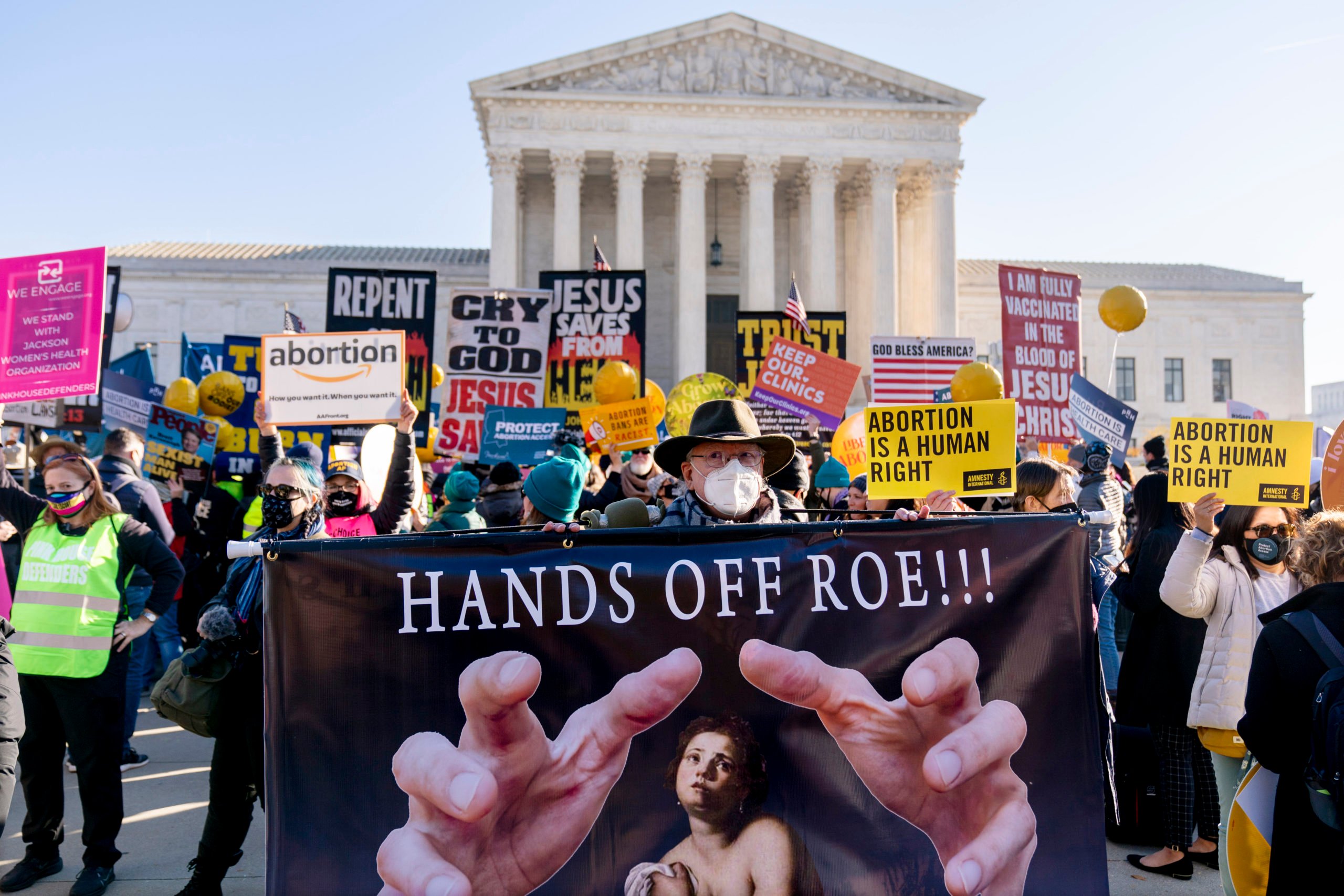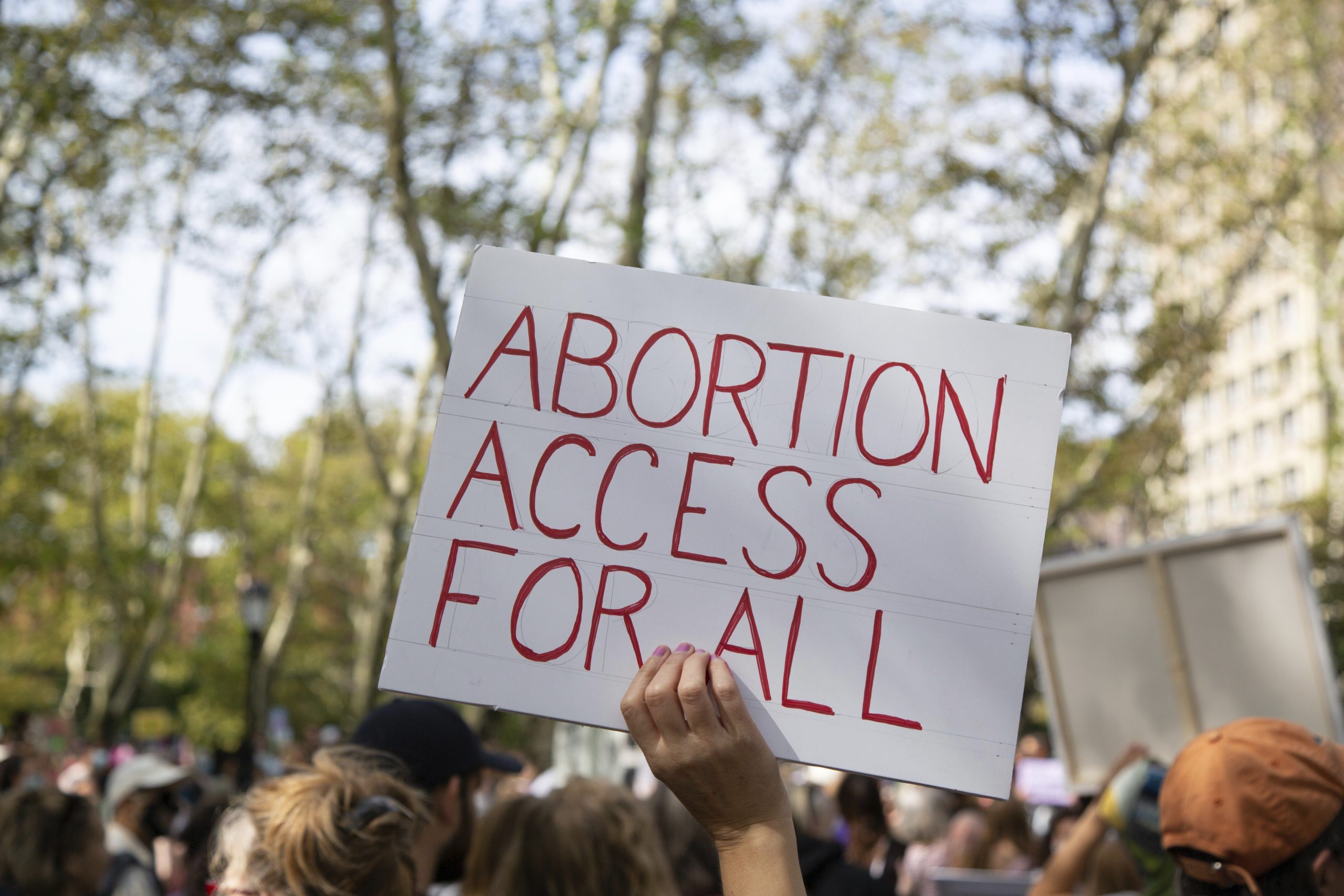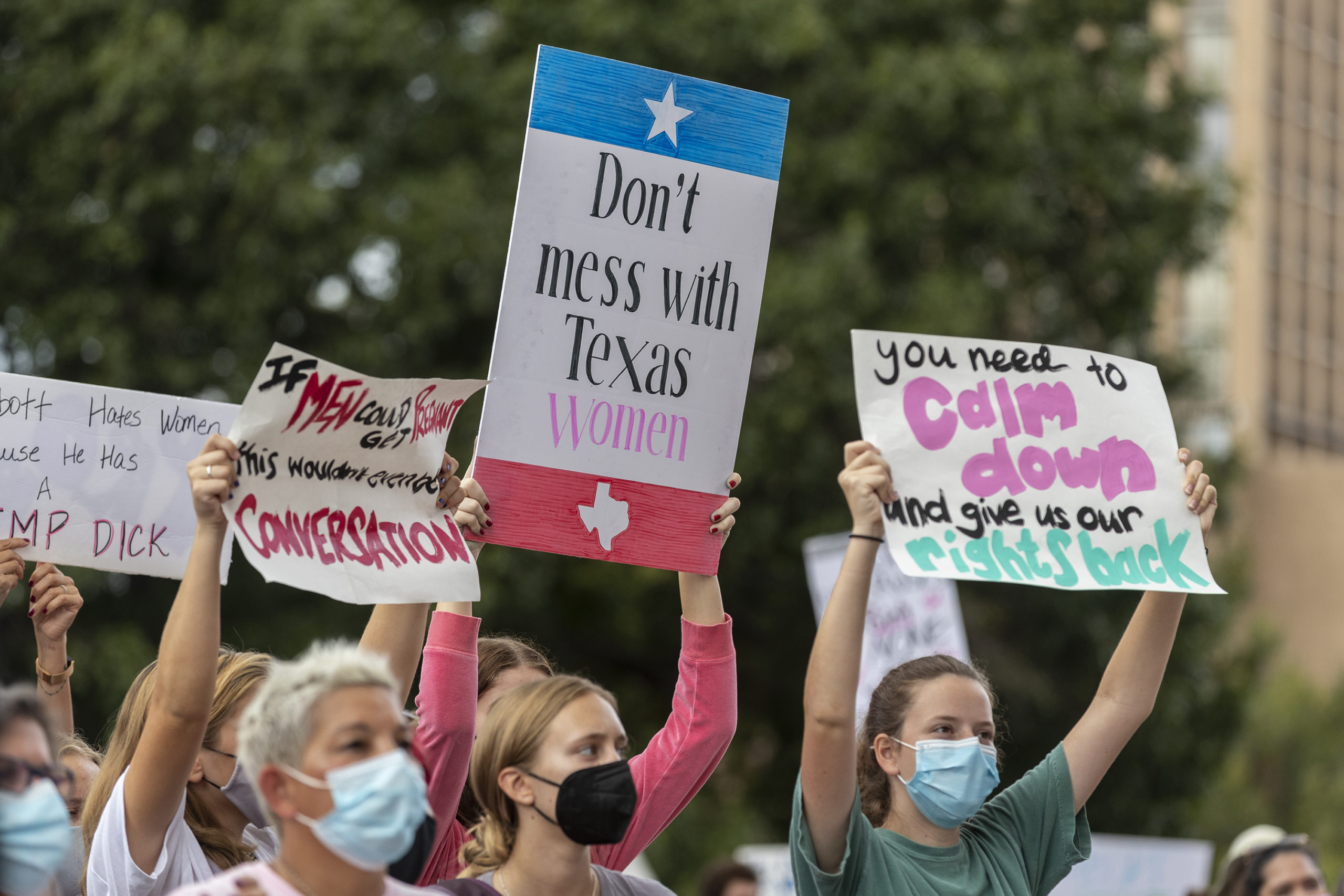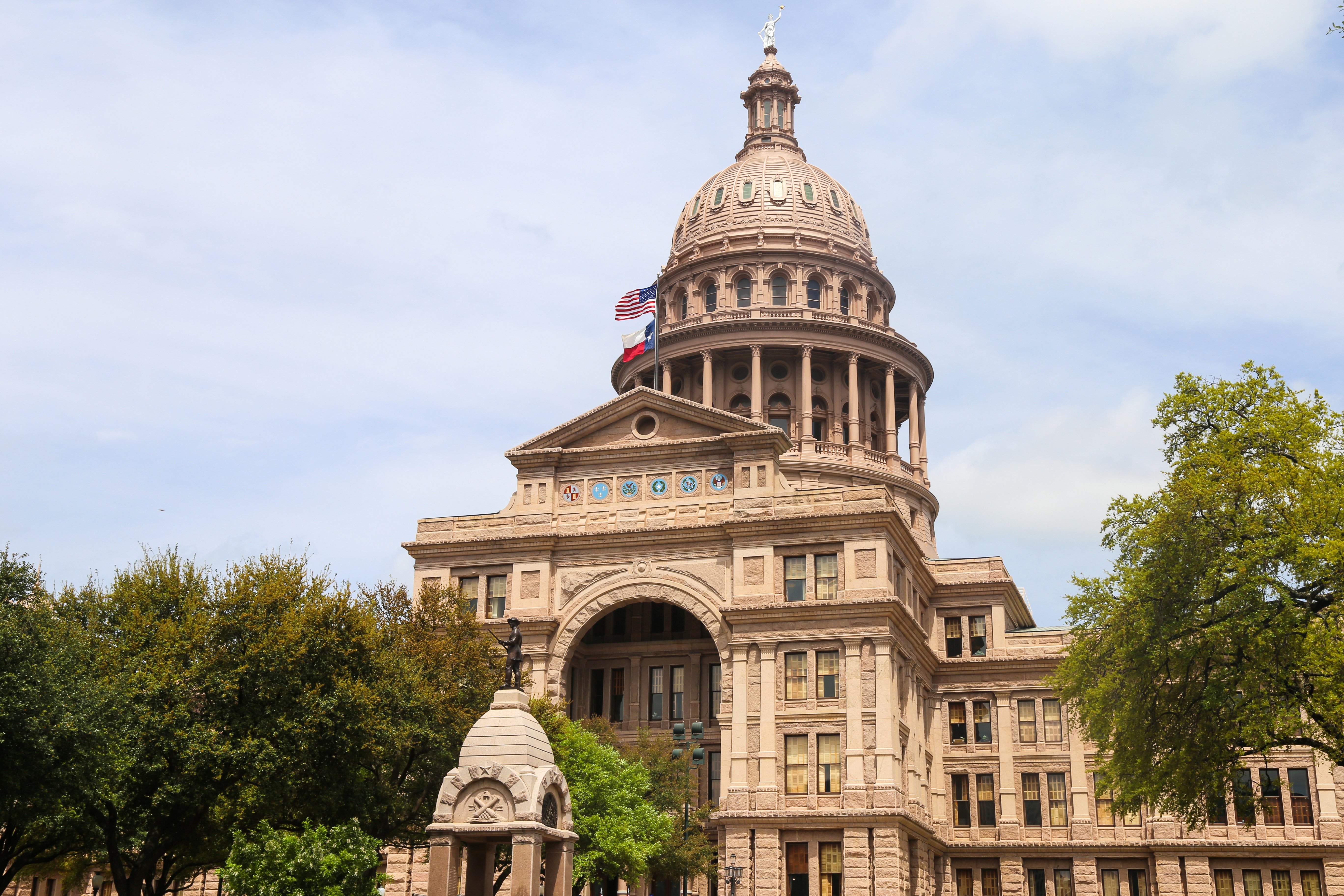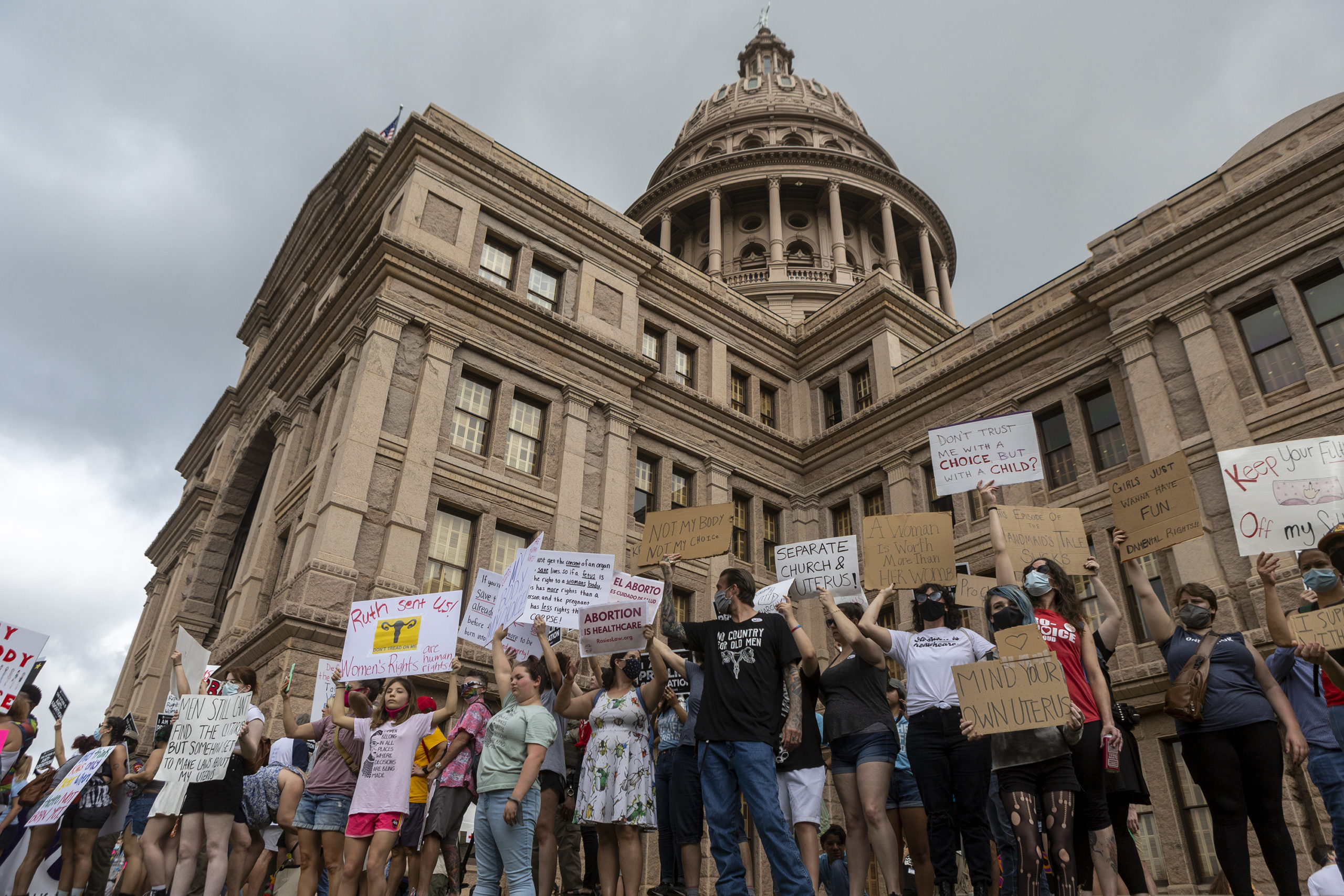
The Supreme Court Lets SB 8 Stand, But Allows Abortion Providers Their Day in Court
In an 8-to-1 ruling, the Justices ruled that lawsuits against Texas’ anti-abortion law could proceed, but left women in the state to suffer its consequences in the meantime.

